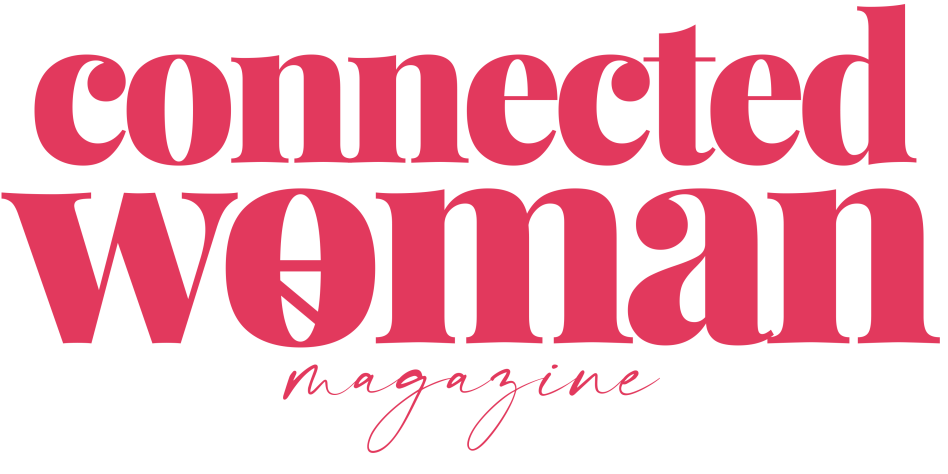 In the realm of workplace culture, certain metaphors have held too much power — none more than the notion of an organization as a “family.” But that seemingly benign analogy is not only outdated but actively harmful to all people in any organization that prescribes to this analogy.
In the realm of workplace culture, certain metaphors have held too much power — none more than the notion of an organization as a “family.” But that seemingly benign analogy is not only outdated but actively harmful to all people in any organization that prescribes to this analogy.
It’s time we dismantle the “family-based” narrative that is often used to understand organizational dynamics. This analogy, with its power dynamics and hierarchical structures, reinforces a troubling paradigm where those in positions of authority are likened to “parents” or adult figures, while staff are relegated to the role of “children” and seen as lacking in decision-making ability.
But let’s be clear: this analogy is not just harmless rhetoric — it’s a toxic ideology that undermines the very essence of inclusive and psychologically safe workplace cultures. By perpetuating the notion of a familial hierarchy, we inadvertently sow the seeds of discord and disempowerment within our organizations.
Consider the implications: when leaders adopt a parental mindset, they inherently assume a position of superiority, wielding power and control over their “children”—the staff. This power imbalance not only erodes trust and autonomy but also fosters a culture of dependence and subservience. In such environments, staff are not allowed to make even basic decisions, innovation is stifled, engagement wanes, and staff retention suffers.
But the harm doesn’t stop there. By framing the organization as a family unit, we diminish the agency and dignity of every member of the team. All too often, this analogy serves as a thinly veiled excuse for micromanaging leadership practices, where decisions are made behind closed doors and diversity of thought is not only discouraged but punished.
 So, what’s the alternative? How do we reimagine workplace cultures that are grounded in respect, trust, autonomy, and shared leadership?
So, what’s the alternative? How do we reimagine workplace cultures that are grounded in respect, trust, autonomy, and shared leadership?
The answer lies in embracing a mindset shift—a departure from the traditional hierarchical model towards one of shared decision-making and collective empowerment. By fostering cultures where every voice is valued and productive disagreement is not just allowed but encouraged, we disrupt the power imbalances that have long plagued our organizations.
In practice, this means removing the barriers that separate leaders from their teams and fostering a culture of collaboration, engagement, and trust. It means recognizing that true leadership is not about wielding authority, or defined by titles, but something every adult in the organization holds both within themselves, as well as leadership over their tasks.
Indeed, by embracing a more inclusive and trusting approach to leadership, we not only create cultures where individuals thrive but also cultivate psychologically safe team dynamics that move beyond the “family” analogy.
In the quest for organizational excellence, let us discard the outdated metaphors that serve only to perpetuate inequality and disempowerment. Instead, let us embrace a new narrative—one where every member of the organization is valued and respected for their contributions, unique talents, and perspectives. Only then can we truly build workplace cultures where everyone is a leader in their own right, and the seeds of innovation and growth can take root.
———————————-
Ready to take the next step? Help drive organizational innovation with a customized leadership and culture strategy for your organization using our research backed models. Available leadership coaching, culture audits, culture strategy development, and equity and belong framework design to contribute to the overall thriving of individuals and communities. Mykella invites readers to join her in making 2024 the year of personal and professional well-being.
Follow me on Instagram, LinkedIn, BRAINZ Magazine, WomLEAD Magazine, and visit my website for more info!
